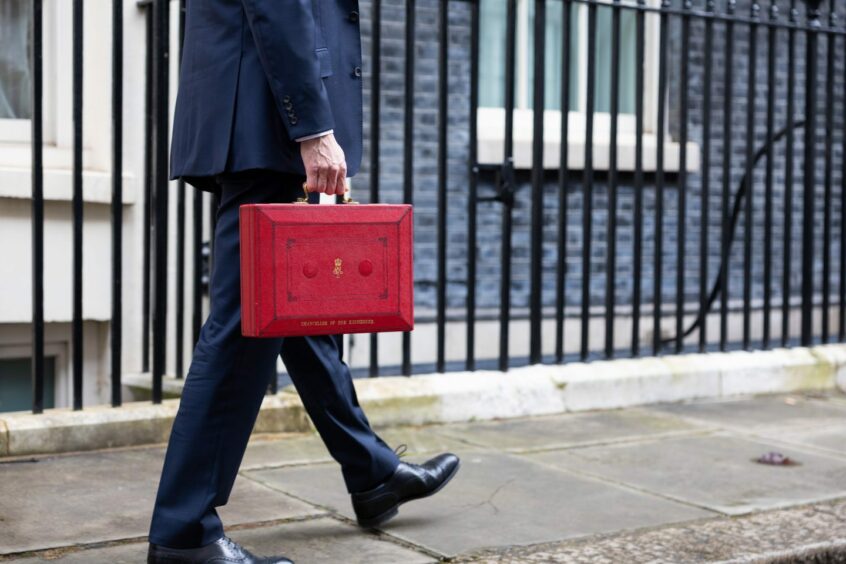
The UK government is launching a review of its oil and gas fiscal regime and has launched a call for evidence.
In the wake of the announcement that hundreds of new North Sea licences will be granted, Rishi Sunak’s government looks to gather opinions on “how the design of the long-term fiscal regime has an impact on the activity of the sector.”
The review focuses on how the fiscal regime can support the UK’s energy security and meet demands “while also realising our net-zero commitments in the medium and long term.”
This call for evidence covers “long-term future for the regime rather than short-term changes” and therefore does not cover the controversial Energy Profits Levy (EPL), or windfall tax.
Windfall tax
Earlier this year, the UK Government announced that the windfall tax will be removed if oil and gas prices fall to “historically normal levels”.
The North Sea industry is currently taxed at 75% of profits, including the 35% windfall tax, which was introduced last year amid surging prices.
But the government said today if these fall “for a sustained period the tax rate for oil and gas companies will return to 40%”.
For the tax rate to drop, both average oil and gas prices need to fall to, or below, $71.40 per barrel for oil and £0.54 per therm for gas, for two consecutive quarters.

However, Claire Angell, partner and head of energy tax at KPMG in the UK said at the time: “Forward price curves currently indicate that this relief will never kick in.”
Following Rishi Sunak’s statement on the hundreds of licenses set to be awarded, Aberdeen and Grampian Chamber of Commerce chief executive, Russell Borthwick, welcomed the news but criticised the current taxation system in place for oil and gas companies.
He said: “This windfall tax is well past its sell-by date and is hampering investment in the here and now.
“And while the Treasury has set a price floor, they’ve done so knowing there’s little chance of it being triggered any time soon.
“Companies cannot have the confidence to invest in the future as long as it remains.”
19 questions on the UK fiscal regime
The government sets out 19 questions for respondents to answer on the current and future fiscal policy concerning oil and gas companies in the UK.
There are 22 questions listed, however, the first three gather information on the person answering the question, rather than their opinions on the fiscal regime.
The questions cover topics such as hurdles to investment in UK waters, how the industry is evolving, expectations for the country’s future, and investment reliefs, to name a few.
The deadline for submissions is 11 September 2023.
Recommended for you

